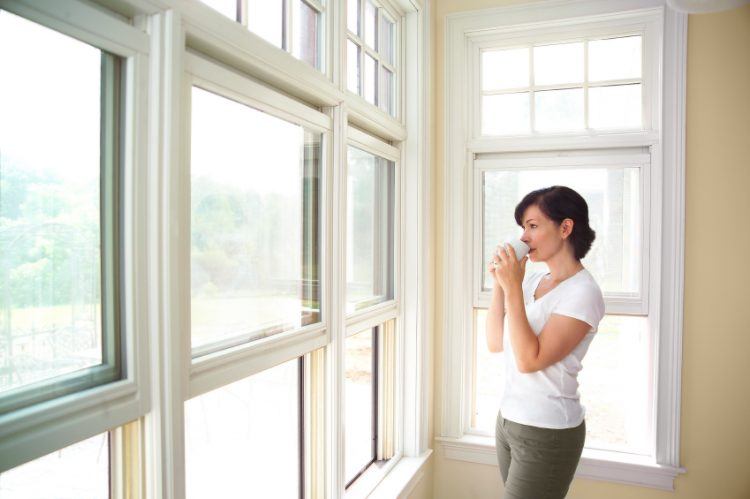
The U.S. EPA has identified indoor air quality (IAQ) as one of the most polluted environments people encounter. Considering how much time is spent indoors, it makes sense to take steps to improve it. Below are some ways you can improve the quality of the air in your home, increasing your comfort and decreasing your risk of airborne diseases.
1. Reduce the Need
Many common household products contain volatile organic compounds (VOCs) that pollute indoor air. Cleaning supplies, air fresheners, perfumed candles, soaps and laundry detergents, new flooring and textiles, furniture, and paint are but a few of the products that lower IAQ. Many alternative products are available that have lower or no VOCs. Check the labels before making a purchase decision.
2. Ventilate Your House
When weather permits, open the windows to freshen the air. If you live in a climate where you rely on heating or cooling for much of the year, consider a balanced mechanical ventilation system to improve IAQ. Energy recovery ventilators (ERVs) and heat recovery ventilators (HRVs) exhaust the same amount of stale indoor air as they bring inside.
ERVs and HRVs use heat exchanger technology to save the thermal properties of the outgoing air so that the incoming fresh air won’t raise heating or cooling bills appreciably. HVAC contractors can install these systems to work with your HVAC equipment, or vent them into a particular area inside your home.
3. Use the Fans
Kitchen and bathroom exhaust fans remove odors and excess humidity. Humidity levels between 30 and 50 percent indoors promote good IAQ, but when they exceed 60 percent, mold and dust mites thrive. Both mold spores and dust mite waste are common asthma and allergy triggers. If your air conditioner doesn’t remove enough humidity in the summer, consider using dehumidifiers to keep the level healthy. Drier air feels cooler and it’s not as hard to cool, which may be enough to offset the cost of running a dehumidifier in addition to the air conditioner.
4. Maintain the HVAC System
Besides checking the air filter routinely, have your HVAC system serviced before the heating and cooling seasons. Professional technicians from businesses like Childers Enterprises Inc can clean, adjust and inspect all the components in your system that increase its safety and protect IAQ.
5. Use Plants
NASA studied the effects of plants on IAQ and found that many absorb indoor air pollutants through their leaves, roots, and the soil in which they grow. Common, easy to grow plants that clean the air include spider plants, peace lilies, aloe vera and pothos. If you have pets or children, check their toxicity with an authority before bringing them home.
With the exception of mechanical ventilation techniques, these tips are easy to implement and cost little to nothing. Over the short and long term, you and your family will enjoy better health and comfort.


Comments
Loading…